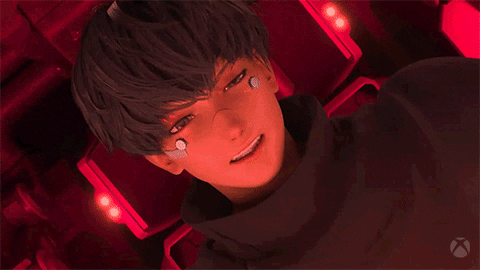Ender's Game, written by Orson Scott Card, is a novel that explores the complexities of warfare, leadership, and morality. The story follows young Andrew "Ender" Wiggin as he is trained to become a military leader for Earth in an interstellar war against an alien race known as the Formics. Throughout the book, Ender faces numerous ethical dilemmas that challenge his moral compass and force him to question the actions of those around him.
One significant ethical consideration in Ender's Game is the use of children as soldiers. The International Convention on the Rights of the Child states that "a child means every human being below the age of 18 unless, under the law applicable to such a child, majority is attained earlier." However, in Ender's world, children like Ender are trained from a young age for warfare. This raises questions about whether it is ever acceptable to use minors as soldiers and what responsibilities adults have towards protecting their rights.
Another ethical issue presented in the novel is the concept of "the other." Throughout history, humans have often dehumanized those they consider enemies or outsiders. In Ender's Game, this is seen when Ender learns to view the Formics as less than human, making it easier for him to justify their destruction. This raises questions about how we treat others who are different from us and whether we can ever truly empathize with those whom society has deemed "the other."
In conclusion, Ender's Game offers a thought-provoking exploration of ethical considerations in warfare and leadership. The novel challenges readers to question their own beliefs about morality and responsibility while highlighting the importance of empathy and understanding towards others, even when they may seem like enemies or outsiders.
